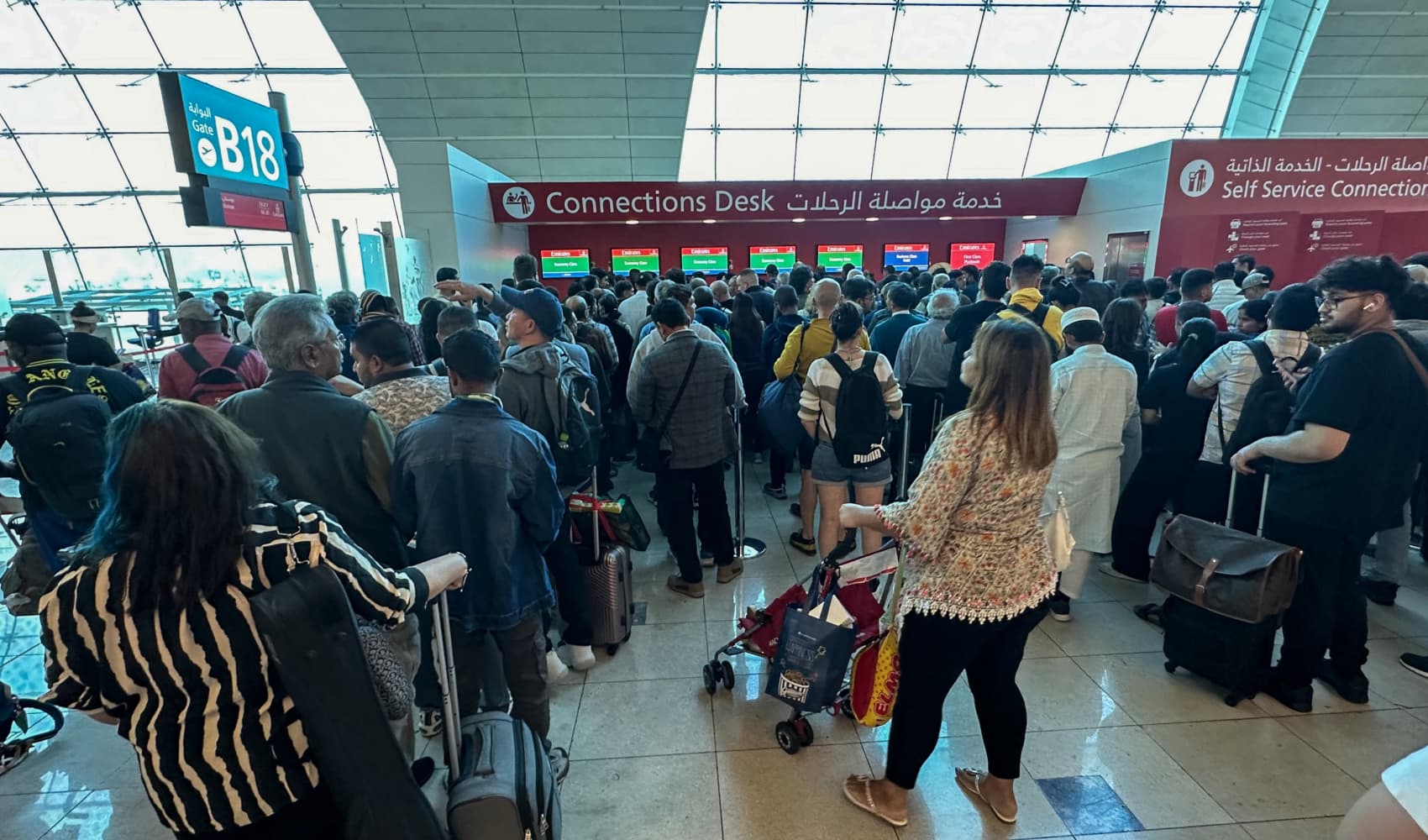
The shift to remote work during the Covid-19 pandemic gave Americans 60 million hours of their time back. And recent research indicates that those workers who no longer spend hours commuting to and from the office are using that reclaimed time to focus on their wellbeing.
Though many have returned to the office, over 15% of full-time workers are still completely remote and an additional 30% have hybrid schedules, according to data collected by economists who are investigating the sustainability of work-from-home policies.
To determine how employees are using their extra time, research by the Federal Reserve Bank of New York analyzed data from the American Time Use Survey.
Here's what they found about how remote workers are allocating the free time they'd otherwise be spending in stand-still traffic or in a packed subway car.
Get Connecticut local news, weather forecasts and entertainment stories to your inbox. Sign up for NBC Connecticut newsletters.
Americans are prioritizing wellbeing over more work
"We find that employed individuals allocate their saved commute time toward leisure activities and sleeping, while reducing overall work hours," researchers wrote.
The data suggests working at home has prompted people to start work a bit early, to get things done during their previous commuting hours. But, time spent doing their job during paid-work hours decreased overall and has been allotted to non-work-related activities.
Here are some things that employees who work from home are now prioritizing more these days — and how much time participating in them has increased daily:
- Sleeping (up by about one hour)
- Leisure activities at home (up by more than two hours)
- Nonmarket work, including household maintenance, repairs and meal prep (increased by 10 to 36 minutes, away from home and at home respectively)
"The rise in leisure was particularly pronounced among younger Americans, who reported spending more time at social events, eating at restaurants or bars, and exercising," according to the researchers.
Money Report
Other activities that saw increases are childcare, job searching and income-generating ventures that aren't directly associated with the person's full-time job.
Following the pandemic, employees also gained more time to spend in solitude or with their loved ones. Leisure time alone or with household members rose by 2.3 hours, the analysis shows.
"The findings lend credence to the various reports on employees' preferences for flexible work arrangements, given that cutting the commute enables people to spend their time on other activities, such as childcare or leisure," the researchers penned.
"This added benefit of working from home — for those who want it — will be an important consideration for the future of flexible work arrangements."
Want to earn more and work less? Register for the free CNBC Make It: Your Money virtual event on Dec. 13 at 12 p.m. ET to learn from money masters how you can increase your earning power.
Sign up now: Get smarter about your money and career with our weekly newsletter






